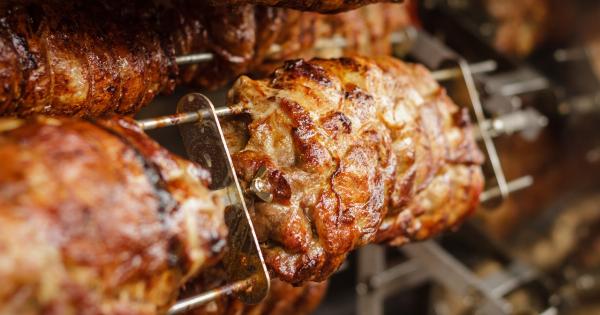Food is an essential part of life and is crucial to our well-being. However, for some people, food can become an addiction that is hard to overcome.
Binge eating, emotional eating, and other types of food addiction can be difficult to recognize and even harder to treat. If you are struggling with food addiction, it’s important to know the signs so that you can get the help you need. Here are six signs that you may be struggling with food addiction:.
Sign #1: You Constantly Think About Food
If you find yourself thinking about food all the time, even when you’re not hungry, it may be a sign that you’re struggling with food addiction.
People who deal with food addiction can’t stop thinking about food; they obsess over what they will eat next, how much they will eat, and when they will eat it.
Sign #2: You Continue to Eat Even After You’re Full
Another sign of food addiction is the inability to stop eating, even when you’re full. People with food addiction keep eating past the point of fullness, and they may even continue eating when they feel sick.
This can be dangerous, leading to weight gain, health problems, and feelings of guilt and shame.
Sign #3: You Use Food to Cope with Emotions
Many people use food as a way to cope with difficult emotions, such as stress, anxiety, or depression. However, using food in this way can become an addiction.
If you find yourself turning to food every time you feel sad, angry, or stressed out, it may be a sign that you have a food addiction.
Sign #4: You Hide Your Eating Habits
People with food addiction often hide their eating habits from others. They may eat in secret, or they may go to great lengths to hide their food, such as hiding wrappers or plates.
This behavior can be a sign of shame and embarrassment over their eating habits.
Sign #5: Your Eating Habits Interfere with Your Life
If your eating habits are interfering with your life, it may be a sign of food addiction.
People with food addiction may skip social events to stay home and eat, or they may avoid certain foods or restaurants because they can’t control their cravings. This can lead to isolation, depression, and anxiety.
Sign #6: You’ve Tried to Stop Eating, but You Can’t
If you’ve tried to change your eating habits but have been unsuccessful, it may be a sign of food addiction. People with food addiction often feel powerless to control their eating, even when they want to stop.
This can lead to feelings of hopelessness and despair.
If you’re experiencing any of these signs of food addiction, it’s important to seek help. Food addiction is a serious condition that can lead to physical and emotional health problems.
With the right treatment, however, you can overcome your addiction and regain control of your life.























